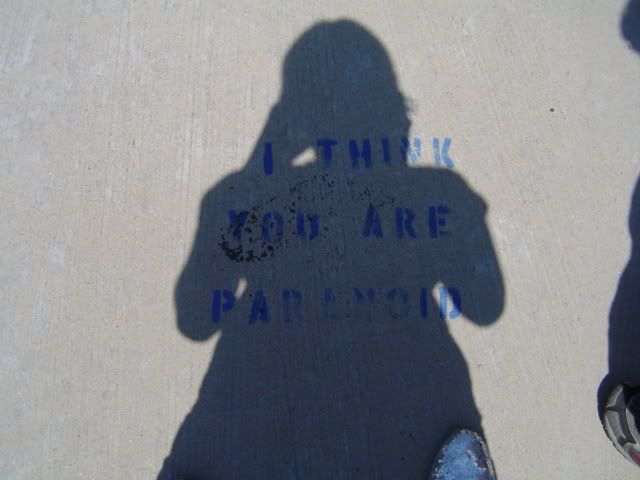Kenneth Goldsmith is a conceptual writer whose preferred method is transcription. He has transcribed weather reports, newspapers, magazines, and every word he has said for a week. For him, the process of transcription is fascinating, and it is of no consequence that the result of his work is not "original" or creative.
"In the same vein, as I said before, I don't expect you to even read my books cover to cover. It's for that reason I like the idea that you can know each of my books in one sentence. For instance, there's the book of every word I spoke for a week unedited. Or the book of every move my body made over the course of a day, a process so dry and tedious that I had to get drunk halfway though the day in order to make it to the end. Or my most recent book, Day, in which I retyped a day's copy of the New York Times and published it as a 900 page book. Now you know what I do without ever having to have read a word of it."
At its best, it seems transcription functions as a method of extremely close reading, benefitting only the person doing it. After having transcribed a full one day issue of the New York Times, Goldsmith asserts that you've never really read the paper. Does this initially strike you as self-indulgent? Do you unconsciously assume a writer should write in order to impart edifying truth to readers?
I'm sure Goldsmith's projects initially strike most as absurd, pointless, and ridiculous, but I think he has a valid point about the close reading, which gets me thinking about transcription as spiritual practice. If someone transcribes their holy scriptures, or favorite meditations, I don't doubt it would help things sink in somewhat better than merely reading them.
Part of the point is that you have to stick to what the text says, without mutating it at all. (This makes me think of the void preceding creation in the book of Genesis.) Trying this exercise would be a good starting counterpoint for my next project, which will involve texts that mutate as cells do. Imagine, if you will, a "cell" made out of letters, words, and word fragments that interact with each other as parts of a cell do. Or maybe I should focus on the behaviors of DNA, in its replications and mutations. This may involve some study of cell biology and maybe evolutionary biology... and if I were to build a complex organism out of my "text cells," it would require me to also learn code so I could write a computer program to keep track of it all. I might use the creation story in Genesis loosely, as a structure to guide my efforts, or at least as a text to return to when all these ideas start to feel like they don't make sense.
I don't plan to learn code anytime soon, since I think my time is much better spent reading, writing, learning languages, drinking coffee, and learning how to produce art. So if I found a computer programmer who wanted to collaborate, I'd be able to build these "text organisms," and then everything the organisms do would be a new poem at every moment. That sounds ridiculous, but it's true: every time their cells moved, there would be a new formation of text.
